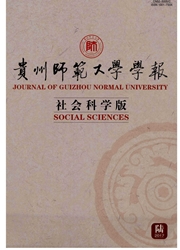

 中文摘要:
中文摘要:
汉语发展中,“非常”因缩略处理,先是具有了由词组取得名词性地位的趋势,由于缩略后对语境的依赖性很强,这一趋势渐渐式微,但在词形上提供了支持。另外,由于“非常”经常处于名词的前面,以及受汉语韵律规则的影响,形容词性的“非常”诞生。“异乎寻常、特殊”这一核心意义对“非常”词性的演化也有深刻的影响。使用中,形容词性的“非常”附裁的主观性很强,这成为它副词化的直接诱因。
 英文摘要:
英文摘要:
In the evolution and development of Chinese language, "feichang" has the tendency of becoming a noun from noun phrases since abbreviation. However, it is a pity that the tendency aborted due to the abbreviation's meaning is too much de-pendent on the context. On the other hand, it provides supporting form for the adjectival "feichang". The major cues also include syntactic positions and the prosodic rules in the process. The core meaning is always unchangeable either using as a phrases, hav-ing the tendency of become a noun or becoming an adjective. The core meaning makes it possible for the change of part of speech. We also found that "feichang" ias grammaticalized into a degree adverb which is the mainly usage today from adjective word under the effect of its strong subjectivity.
 同期刊论文项目
同期刊论文项目
 同项目期刊论文
同项目期刊论文
 期刊信息
期刊信息
